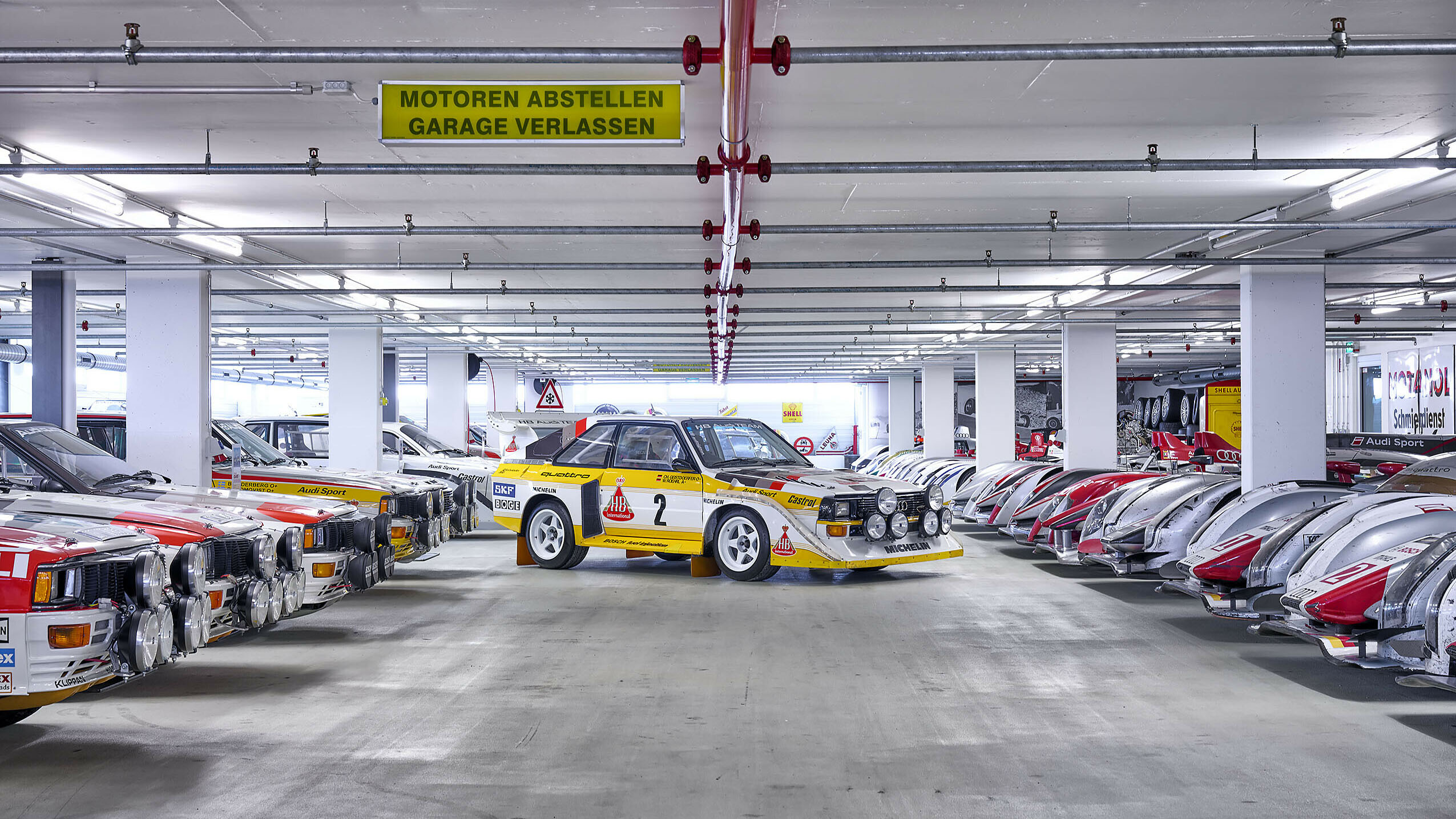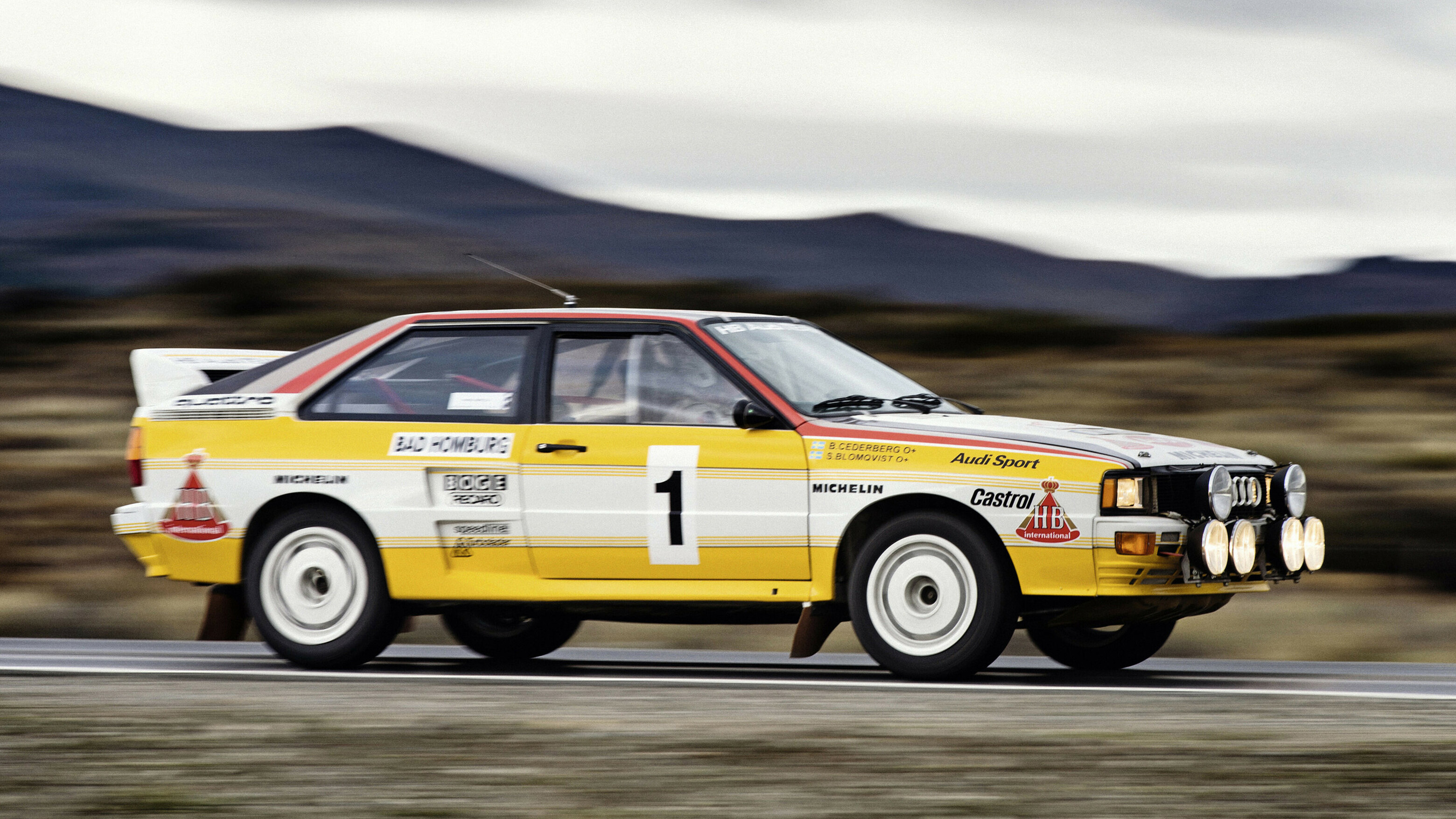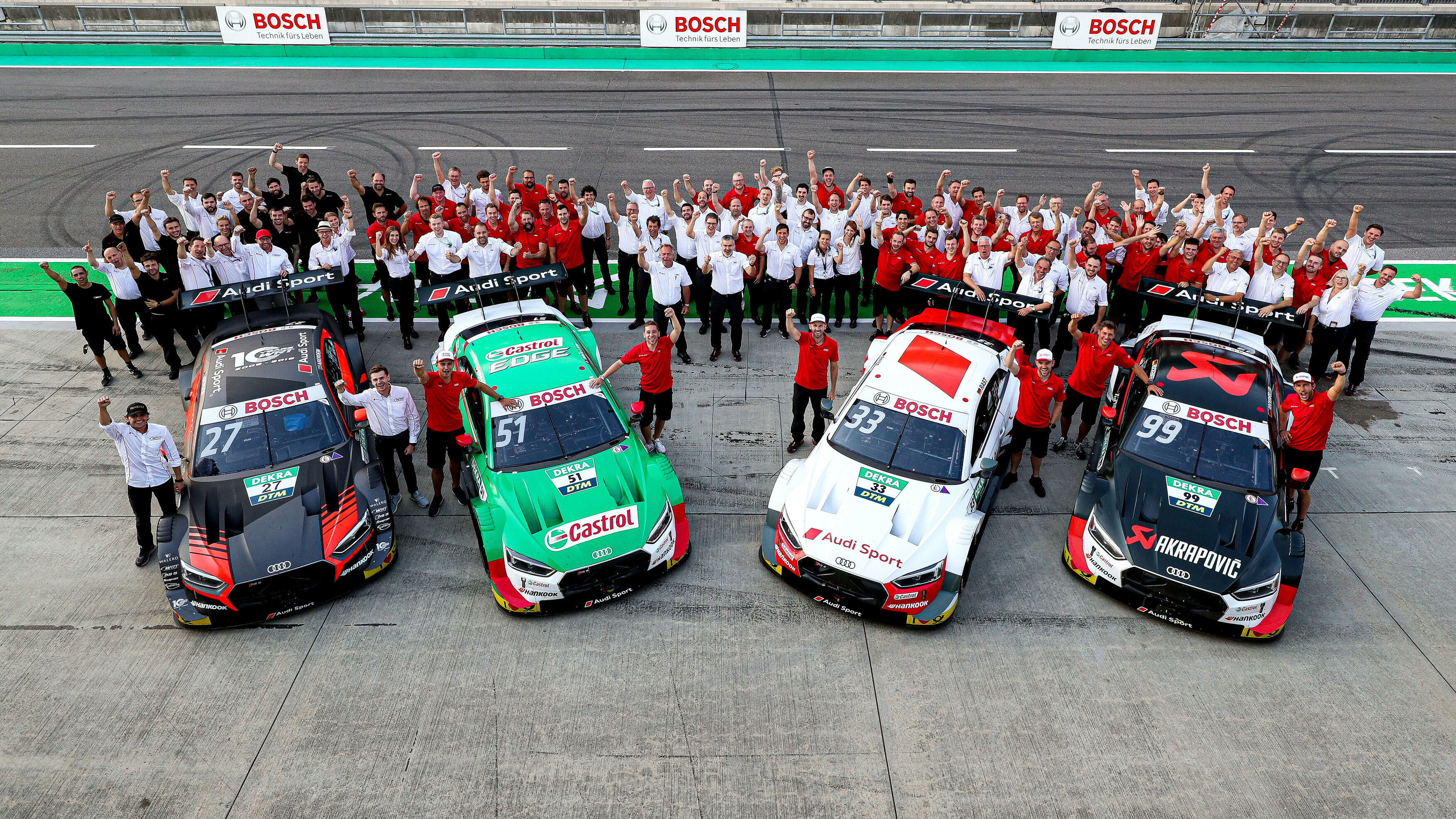
Quattro to e-tron: a history of Audi breaking tech barriers on track
Audi has never sat still when it comes to advancing the technology in all manner of motorsport disciplines
How’s this for a stat: in 2023, Audis competed in 872 races across the globe and achieved 771 podiums in the process. Hit rates don’t get much higher. But it’s perhaps no surprise to anyone familiar with Audi’s knack for bold technological advancements within motorsport.
Vorsprung Durch Technik has been the mantra of Audi Sport for over 40 years. Since its 1978 conception, the brand has amassed 13 Le Mans wins, 12 DTM touring car titles and a handful of memorable World Rally Championship trophies with its iconic Quattro.
This is where the story really gets going. The Audi Quattro revolutionised roadgoing performance cars when it launched in 1980, making four-wheel-drive sexier and more assertive than it’d ever been. Here was a pragmatic piece of technology thus far associated with off-road endeavours suddenly enjoying a full 180-degree twist toward a faster, more fun direction. One which many of the world’s flagship supercars still follow to this day.
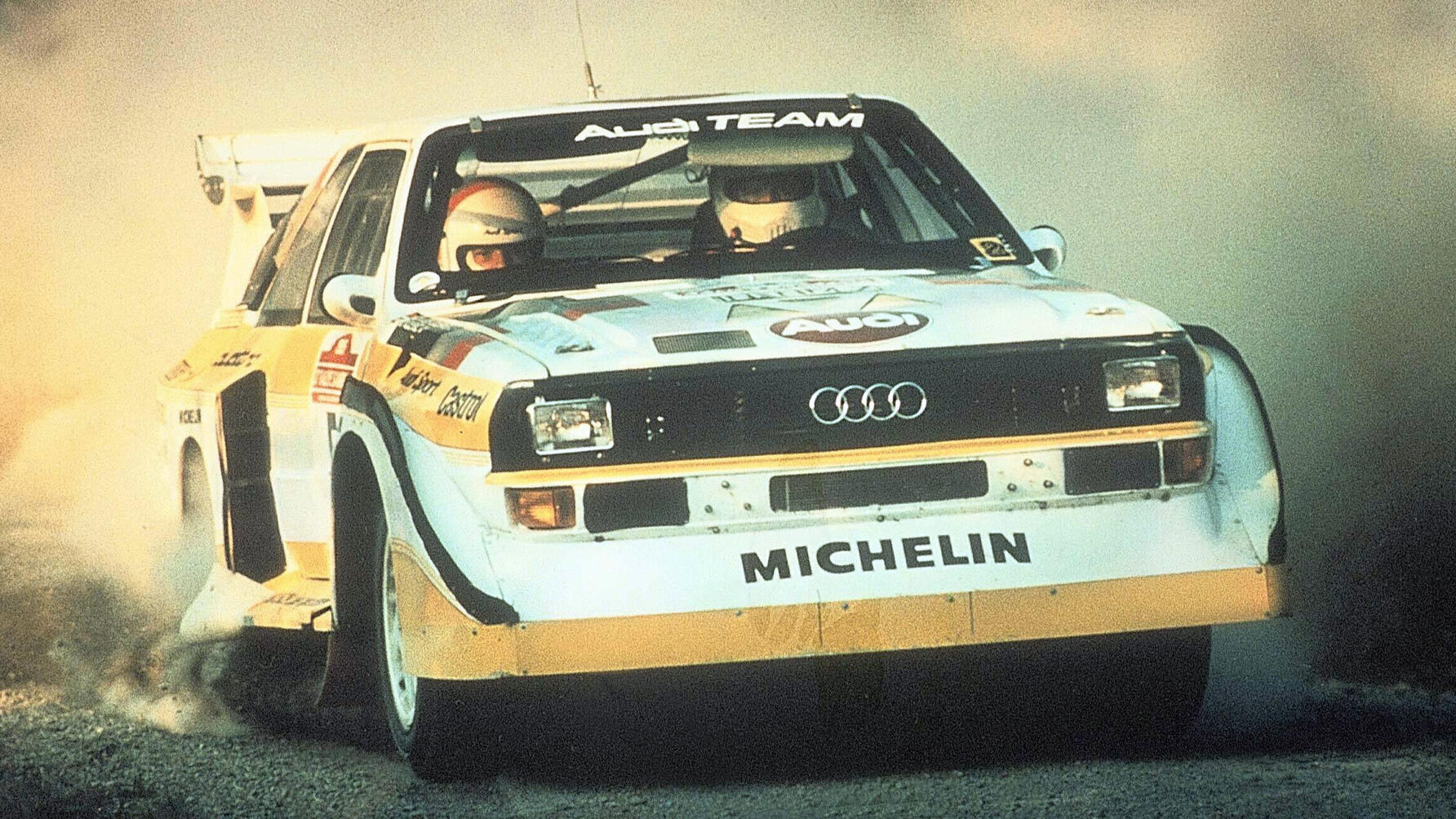
The Quattro legend was really forged on the rally stages, though, 4WD providing a huge plot twist in the sport and quickly resulting in success, namely a pair of drivers’ and constructors’ championship wins. One half of these arrived in 1984 with Stig Blomqvist at the wheel. “It was difficult to believe the difference between two- and four-wheel drive,” the Swedish stage legend recalls. “I remember the first time in Ingolstadt when I took a test run in the car on some dirt roads. It was incredible. After that I didn’t want to have a two-wheel-drive car anymore.”
Audi Sport’s rivals were quick to follow suit and the rest is history; the upper classes of WRC have been solely 4WD for a very long time. But no one rested on their laurels and a similarly pioneering attitude was brought to the gruelling 24 Hours of Le Mans in 1999. The Audi R8 Prototype finished on the podium in its debut year before taking outright victory in the following three endurance classics, achieving wins in sportscar races around the world at the same time.
In 2006 Audi Sport Team Joest made headlines by winning its sixth Le Mans in seven years with the R10 TDI – yep, a diesel-powered car. Key rivals soon latched onto the benefits but Audi’s dominance continued. By 2012 it innovated once again, lifting the hallowed Le Mans trophy with its R18 e-tron quattro – an electrified diesel race car in a period when hybrid power hadn’t yet taken a stronghold in the road car market. Victories like this tend to spur change pretty swiftly, though, as well as grow industry knowledge in areas such as how to regenerative braking and battery thermals. Knowledge that’s intrinsic to hybrids and EVs of now as their range figures continue to swell.
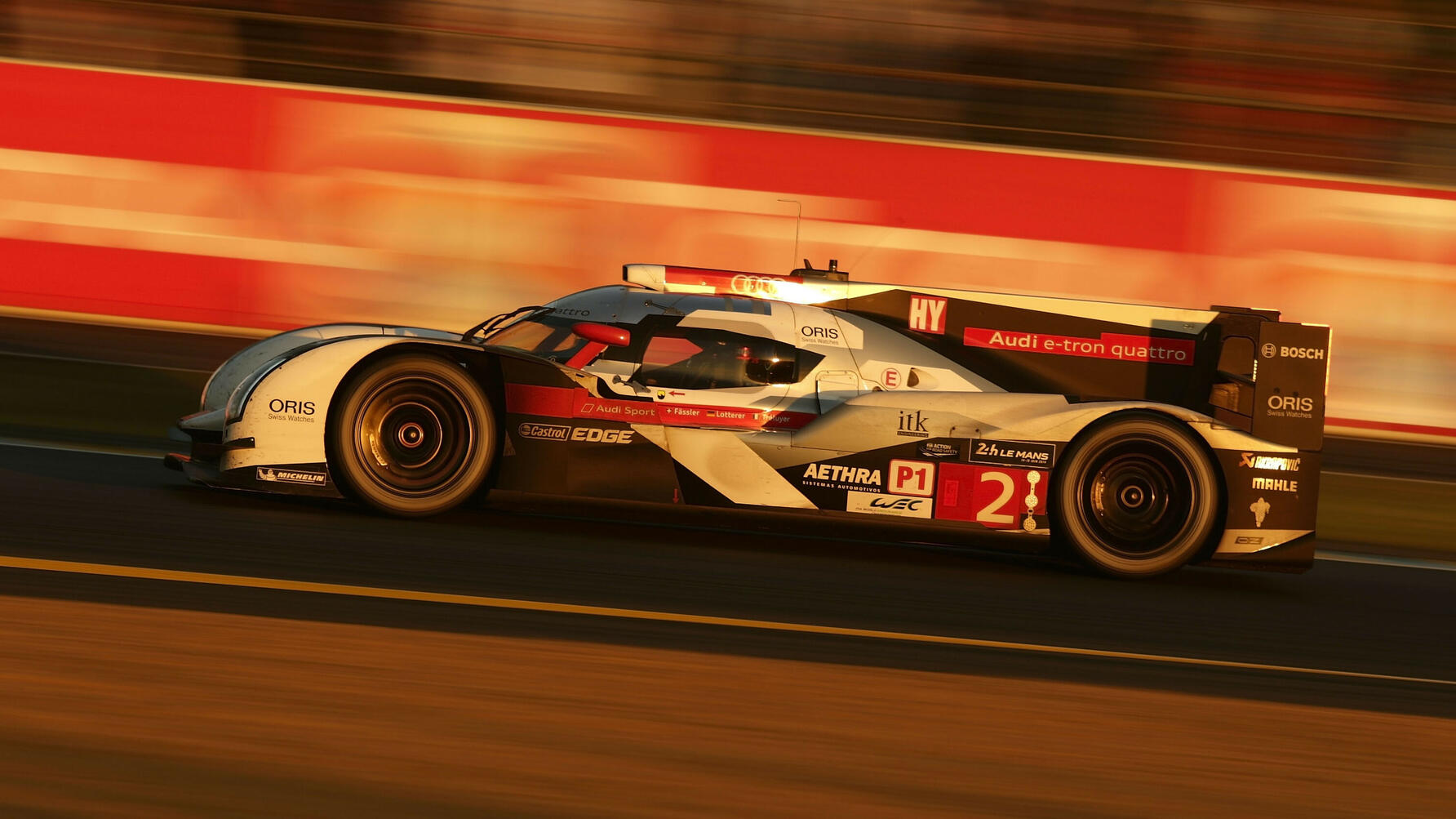
After 13 wins in nearly as many years, it was time to move into new pastures and the fully electric world of Formula E. Seven successful seasons followed culminating in a world title in 2018. Parallel efforts – and championship wins – in DTM also proved Audi’s prowess in aerodynamics while honing an engine that sits amidst its latest adventure. Never keen to sit still, a new, electrified challenge presented itself on the domineering horizon of the Dakar Rally.
The Audi RS Q e-tron was unveiled in 2021 boasting a potent mixture of electric motors and DTM-honed petrol power to bash through the Arabian Desert as sustainably as possible while advancing its engineers’ understanding of how electrified powertrains can prolong the life of the performance cars we love so dearly.
“The RS Q e-tron is a blend of fine art and engineering,” Stefan Dreyer, Head of Development at Audi Sport, says. “It is a perfect match of technology and brutality and special for us at Audi Sport as it’s so different to any other project we have done in the past.”
As Audi Sport heads back to Saudi Arabia to ruffle feathers at Dakar 2024, yet more excitement lies on the horizon, chiefly a partnership with iconic name Sauber under the vast global spotlight of Formula 1. New regulations that demand increased electrical power and 100% sustainable fuels provide the perfect opportunity for Audi to find a whole new hierarchy to shake up from 2026. We look forward to seeing what happens…
For more Audi performance stories, head this way
*This vehicle shown here is the Rally Dakar vehicle that is not available as a production model. Closed course, professional driver. Do not attempt. The Audi RS Q e-tron combines an electric drivetrain with an energy converter system comprising a TFSI engine and generator.
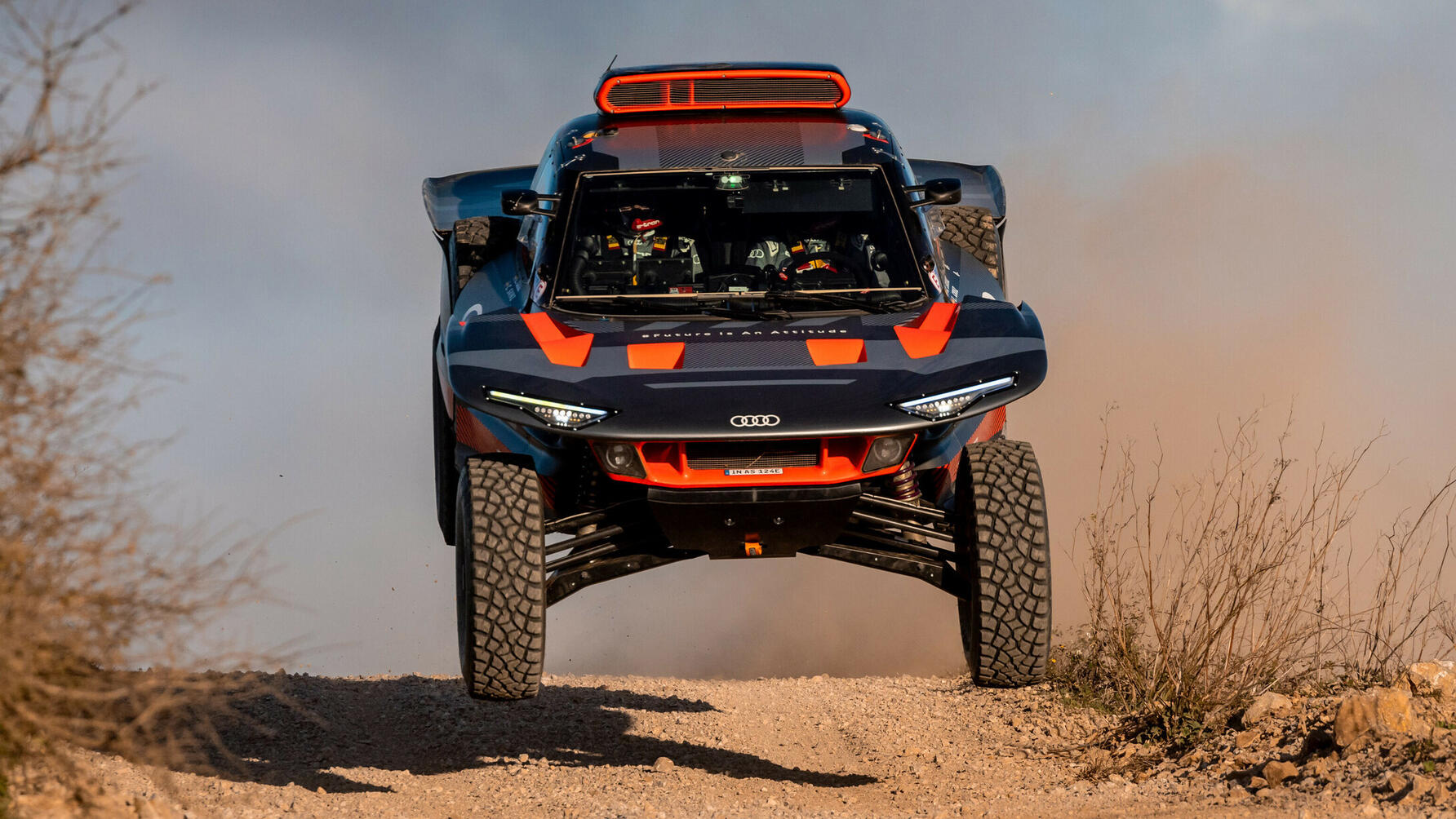
Featured

More from Top Gear
Trending this week
- Car Review
BMW iX3





